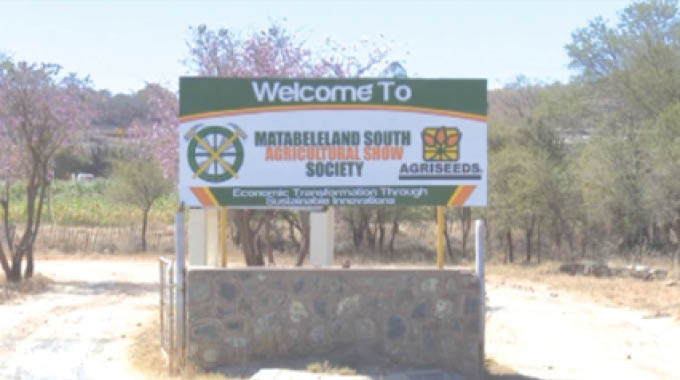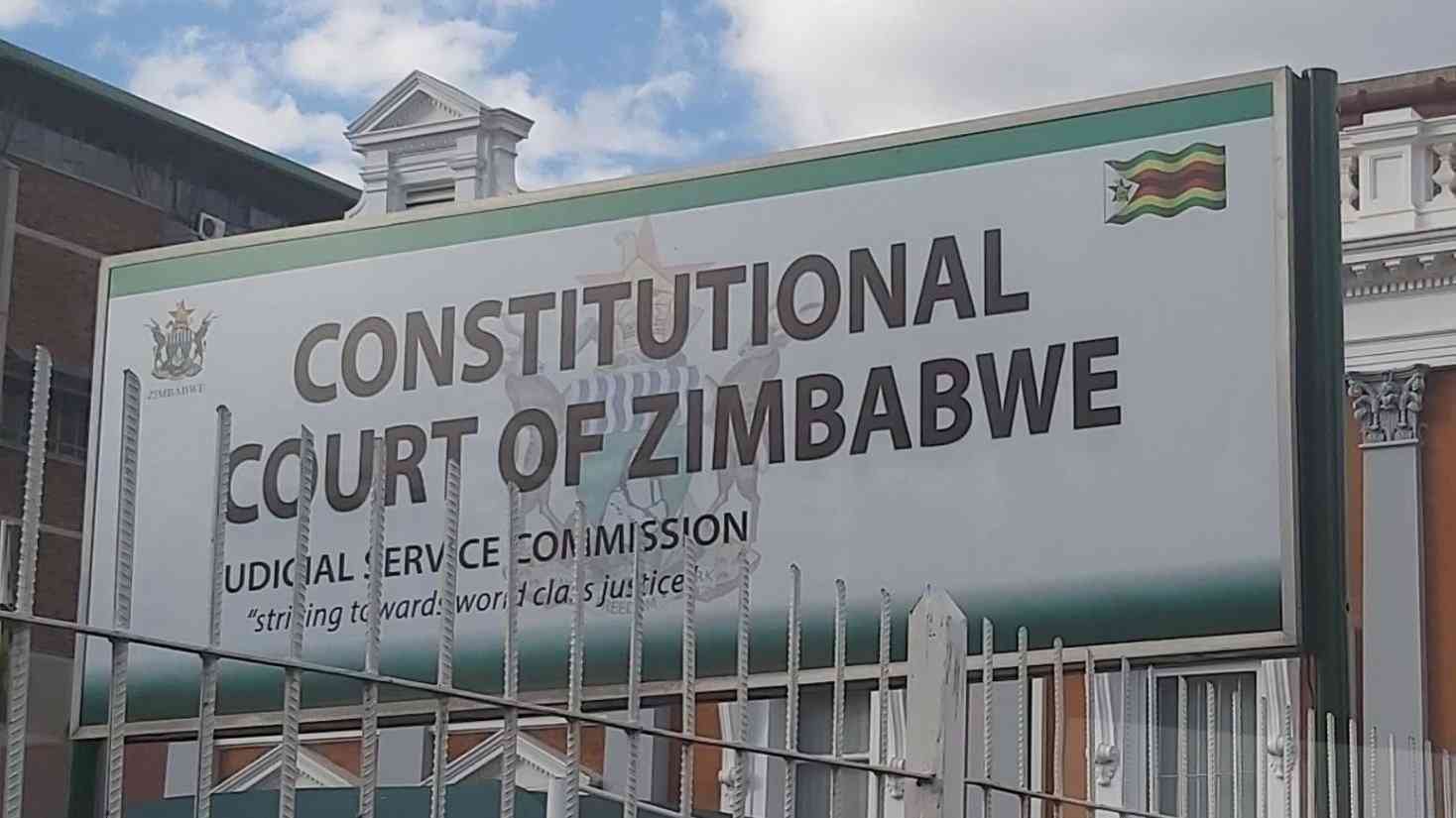THERE are three pictures from the national 44th Independence celebrations in Buhera that made me stop and question myself what independence really means.
These are pictures that show that Zimbabwe is at a standstill and at worst, regressed, hence the need to remedy the situation before the country implodes.
The Zimbabwean dream was beautiful. All shared it, primarily the first decade of independence before things started going south. It was a dream that said all Zimbabweans shall be equal, enjoy the rich national natural resources and live a better life than the colonial era of bottleneck education and salaries and wages based on one’s skin colour.
Zimbabwe had a generally rapid transition soon after independence in the provision of basic primary public healthcare and public education. Communities built schools and the government deployed and paid teachers. There was a sense of oneness in communities and a shared developmental trajectory.
Research and papers show a sharp rise in literacy in Zimbabwe and a sharp decline in infant mortality rates during the first decade. It is also the same period that Zimbabwe produced thousands of artisans from its network of vocational colleges and polytechnics. The country further produced thousands of academics at the only university then, University of Zimbabwe.
Here was a solid base for the country to develop, most certainly to reach the upper-middle-income status, not only quantitatively but also qualitatively. Zimbabwe had a blueprint, Vision 2020. This was a vision based on socialism and had lofty ideals like housing for all by 2020, education for all by 2020 and health for all by 2020.
Keep Reading
- Building Narratives: Africa Day: We have to own our own narratives
- Building Narratives: Africa Day: We have to own our own narratives
- Village Rhapsody: Community-based rehabilitation post Covid-19 era
- Building narratives: Writing a book that sells
Let me go back to the three pictures that I alluded to in my introduction. The first was of President Emmerson Mnangagwa holding the hand of an unidentified pupil in blue uniform and without proper school shoes but slippers. The second picture was of an air ambulance at Buhera posted by Information and Publicity and Broadcasting Services secretary, Nick Mangwana. The third and final picture was the grand entrance to the celebrations by Vice-President Constantino Chiwenga and his wife, Miniyothabo.
The first picture demonstrated without doubt how social conditions of the average citizens have deteriorated. In the early 1980s, we had our own problems but on a special occasion and where a pupil was likely to meet the guest of honour more often than not would borrow shoes or a blazer. I can hazard to say, within his community no one his age had shoes hence the improvisation to wear slippers.
The second picture told the sad story of how our public health system is now dysfunctional. Mangwana in a caption to the air ambulance picture said: “We have been informed that it would take roughly 15 minutes to evacuate a patient from Murambinda to Parirenyatwa hospital.”
Mangwana in his haste to communicate about the controversial air ambulances from Russia failed to understand the polysemic nature of his post. Why would an emergency evacuation need to go all the way to the capital Harare and not the nearest provincial hospitals — Victoria Chitepo in Mutare or Masvingo General Hospital in Masvingo? The unsaid thing in that picture was these two hospitals cannot offer emergency services to the VVIPs present who needed the air ambulance service.
And then, the third and last picture. It went viral and most of the comments were on the unique design of Miniyothabo’s dress in the national fabric. This is a dress that had people talking and mostly positively about something Zimbabwean.
When Chinua Achebe writes — it is important to know when the rains started beating us — we need to locate where we got it wrong. It is neither here nor there — it is leadership stupidity!
We had leaders who lost the ideals of the liberation struggle. Leaders who forgot that it is a privilege to lead and have to do their bit of public service to the nation. We had leaders who forgot that people should be employed in public service and parastatals based on one principle — meritocracy.
We had leaders who forgot what their responsibilities were in their jobs as ministers. Leaders who forgot to supervise their subordinates but happily enjoyed their perks.
And finally, leaders are just as good as their followers. Zimbabwe is a classic example of bad followers. Followers who never question or hold their leaders accountable. Followers who have resigned to their fate and allow leaders to do as they please. This is Zimbabwe’s tragedy.
It cannot be over-emphasised that Zimbabweans right across the board have to change their attitude towards work. We should be a productive people, not people who use their workplaces for side hustles. In the same breath, let it also be unequivocally stated that workers/employees should be paid well and above the poverty datum line.
Leaders should supervise their staff and ensure their departmental targets are met or surpassed each quarter. Zimbabwe cannot afford to continue being a country with good blueprints on nearly everything but that is never implemented.
Change by its very nature is a difficult process, particularly where people have become accustomed to doing things in a business-as-usual approach. Countries do not develop by having weak leaders. They need strong leaders with good plans and are ready to roll their shirt sleeves and implement the ideas. Leaders who are not quislings when hard decisions have to be made, leaders who are not beholden to sentimentality but the desire to deliver and make change.
There is no better time to start making this change than now. Mnangagwa is serving his second and final term. He is not encumbered by the need to seek re-election hence he can implement the hard decisions needed for the country to prosper without fear. It is time for bold leadership and fulfillment of the independence promise.
Paidamoyo Muzulu is a journalist based in Harare. He writes here in his personal capacity.





